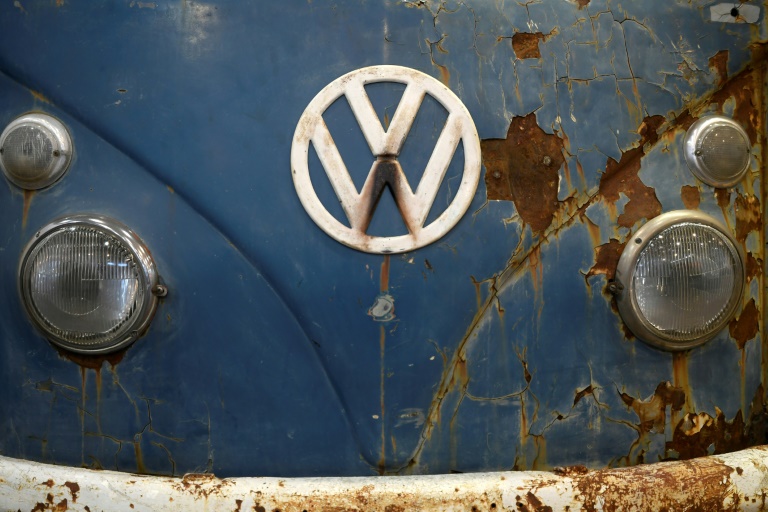Volkswagen, Europe’s largest automaker, has recently reported a staggering 64-percent decrease in net profit for the third quarter, prompting concerns about the company’s financial stability amidst high costs and declining sales, especially in China. The net profit for the quarter fell to 1.58 billion euros, approximately $1.7 billion, a significant dip compared to the previous year’s performance. This downturn is part of a broader trend affecting the automotive industry, characterized by escalating manufacturing costs, slow progress in transitioning to electric vehicles, and intensified competition in crucial markets like China. The German car manufacturer, which oversees a diverse range of brands including VW, Porsche, Seat, and Skoda, is grappling with a seven-percent decline in global vehicle deliveries from July to September, further complicating its recovery efforts.
A noteworthy factor contributing to Volkswagen’s challenges is the pronounced drop in sales in the Chinese market, where deliveries fell by an alarming 15 percent. While there was a relative uptick in sales in North America, it was insufficient to balance the overall decline. Additionally, sales of Volkswagen’s electric models decreased by 10 percent during the same period. The company cited “higher fixed costs” and expenses associated with a necessary restructuring as further strains on its financial results. This stark decline reflects not only the difficulties faced within the marketplace but also highlights the urgent necessity for the conglomerate to implement significant cost reductions and enhance operational efficiency to regain competitiveness.
In response to the financial strain, Volkswagen’s management has indicated plans for a historic restructuring strategy, potentially involving widespread job cuts. The announcement has sent shockwaves through its workforce, particularly in Germany where the automaker is considering closing factories for the first time. This unprecedented measure is aimed at streamlining operations within the company’s core VW brand, which reported a mere two percent operating profit margin over the initial nine months of the year. As a result of these developments, Volkswagen’s labor representatives have warned that at least three production facilities are at risk, with tens of thousands of jobs possibly at stake, further emphasizing the precarious nature of the automaker’s current situation.
Volkswagen’s labor leaders have voiced their strong opposition against the proposed job cuts and factory closures, foreseeing potential strikes starting as early as December. The conflict surrounding the restructuring plans has intensified, as worker representatives demand a seven-percent wage increase, which management has flatly rejected. The impending negotiations with the influential IG Metall union, a major player in industrial relations in Germany, will further shape the dynamics between the company and its employees. In a climate marked by rising inflation and economic uncertainties, these negotiations are critical not only for labor rights but also for the company’s operational sustainability.
The ongoing crisis points to a significant transition period for Volkswagen, as the automotive industry increasingly shifts towards sustainability and electric vehicle production. The company’s struggle with high manufacturing costs and the gradual movement towards electric vehicle models underscores the necessity for strategic refinement. Analysts suggest that successful navigation through these turbulent times will require Volkswagen to revamp its supply chain, embrace innovative manufacturing technologies, and adapt to changing consumer preferences in both traditional and electric vehicle markets.
As Volkswagen confronts these daunting challenges, the focus will likely broaden to include long-term strategies aimed at enhancing market competitiveness and ensuring sustainability. Recognizing the importance of electrification, the company is expected to prioritize investments in electric vehicle technology and infrastructure while simultaneously addressing cost structures and operational efficiencies. The outcome of ongoing negotiations with labor unions, along with strategic adjustments and a commitment to innovation, will play pivotal roles in shaping the future trajectory of Volkswagen as it seeks to rebound from its current difficulties and solidify its standing in a rapidly evolving automotive landscape.

